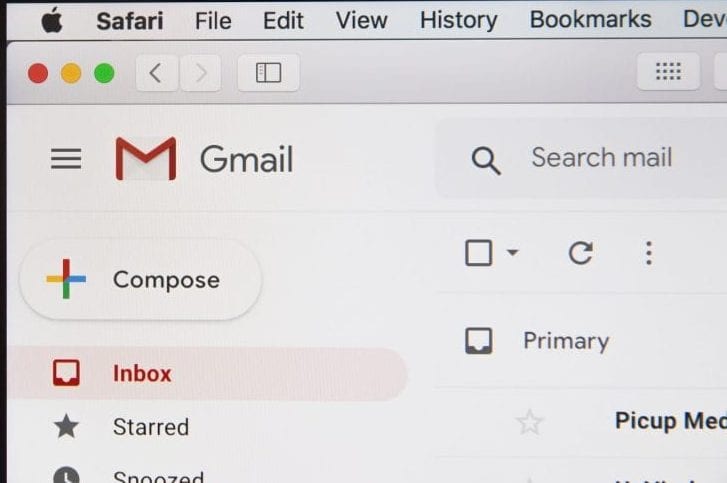The coronavirus pandemic lockdowns have led many people to have a break from work. However, there are many workers who continue to clock in from home.
This means that they also still have to deal with the stress of constant meetings. Being in too many online discussions within a day can lead to work burnout and make it harder for a person to focus on the other tasks they need to accomplish.
Here are some ways work-from-home employees can bounce back from a string of online meetings.
Reduced Meeting Hours

Stephen Phillips - Hostreviews.co.uk/unsplash
See if certain agenda can be accomplished through email instead of a meeting
Of course, cutting down the number of work meetings is the best place to start. Suggest only holding essential meetings and using other means of communication to disseminate other information.
Shortening the time spent on each meeting would also be an efficient way of solving the issue. Make sure to set a clear agenda with few action terms for each group discussion.
Lastly, meetings could be made shorter with fewer people participating. So, only invite the necessary employees to the online video chat.
Post-Meeting Debriefing
Another important thing to do is to debrief oneself after every meeting. This entails probing questions on what was discussed and how the actual discussions went.
Examining both the good and bad aspects of a meeting can help workers make the necessary changes in future discussions to make them more efficient and therefore shorter.
A Bit of Meditation

Ben White/unsplash
A habit of consistent meditation can improve a worker’s cognitive abilities
Meditation has a ton of benefits. Incorporating a couple of minutes of this mindful practice every day can help a person improve their concentration and even keep age-related mental decline at bay.
Meeting-Free Time Pockets
It’s also recommended that people who are working from home keep certain hours of their day free from meetings. It’s best to choose one’s best hours for productivity.
This would give them time to focus on deep work without distractions from other work-related activities. And of course, people shouldn’t forget to give themselves an ample number of breaks throughout the workday to stretch, walk around or drink some water.
Intermittent Fasting

Hisu lee/unsplash
If can be done in a 16:8 (16 hours fast, 8 hours eating window) eating schedule.
Another practice people should try is intermittent fasting or IF. This method of eating sets a shorter eating window (typically at the end of the day) in favor of long hours of fasting each day.
Trying this out can help workers improve their ability to focus during daytime as the body won’t be allocating its resources in digesting a meal.





